Main Sponsors
-
 Reiso Pécs
Reiso Pécs -
 Hotel Lycium****
Hotel Lycium**** -
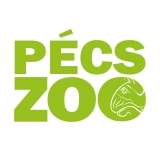 Pécs ZOO
Pécs ZOO -
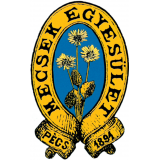 http://www.mecsekegyesulet.hu/
http://www.mecsekegyesulet.hu/ -
Doro Ékszer
-
 Hetényi Pincészet
Hetényi Pincészet -
 Zsályaliget Élménypark
Zsályaliget Élménypark -
 Fabrik Barkács Szaküzlet
Fabrik Barkács Szaküzlet -
 Katica tanya
Katica tanya -
 E.ON Hungary
E.ON Hungary -
 http://www.ipark-pecs.hu/
http://www.ipark-pecs.hu/ -
 https://www.otpbank.hu/otpklub/Fooldal
https://www.otpbank.hu/otpklub/Fooldal -
 http://www.pecsibalett.hu/hindex.html
http://www.pecsibalett.hu/hindex.html -
 www.lakics.hu
www.lakics.hu -
 Gépszer
Gépszer -
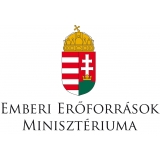 http://www.kormany.hu/hu/emberi-eroforrasok-miniszteriuma
http://www.kormany.hu/hu/emberi-eroforrasok-miniszteriuma -
 http://www.pnsz.hu/
http://www.pnsz.hu/ -
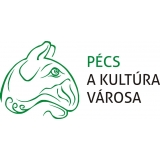 http://www.pecs.hu/
http://www.pecs.hu/ -
 Mischl Autóház
Mischl Autóház -
 Öko-Trade Ltd
Öko-Trade Ltd -
 Bóly and Vicinity Savings Bank
Bóly and Vicinity Savings Bank -
 Mecsekerdő Forestry Ltd
Mecsekerdő Forestry Ltd -
 http://www.deltakarek.hu/
http://www.deltakarek.hu/ -
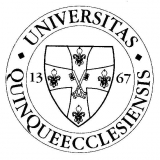 University of Pécs
University of Pécs -
 http://kloe.hu/
http://kloe.hu/ -
 http://www.lafarge.hu/
http://www.lafarge.hu/ -
 http://www.gondoldo.hu/
http://www.gondoldo.hu/

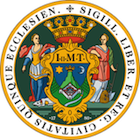
The Face of the Piano: Gergely Bogányi
18 Jan 2013. 19:30 | Béla Bartók National Concert Hall (Palace of Arts)
For Grown-Ups | Pannon Series Bp.-MÜPA 2012/2013 |
- Maurice Ravel: Alborada del Gracioso
- Bartók Béla: Concerto, piano, no.2
- Alekszandr Nyikolajevics Szkrjabin: Symphony No.3 ”The Divine Poem"
Programme
Orchestra
Pannon Philharmonic OrchestraConductor
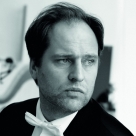
Tibor Bogányi
In 2017/2018, he is spending his seventh season as chief conductor of the Pannon Philharmonic.
Tibor Bogányi is of Hungarian descent and is regarded as the most interesting and talented member of the generation of Finnish conductors. At the age of 28 he was appointed Chief Conductor of… More
Soloist

Gergely Bogányi
piano
Ticket Prices: 5000, 4000, 3000
About the Programme
The 4th piece of the Miroirs cycle by Maurice Ravel is the so called Alborada del gracioso (Dawn song of the jester). The composition recalling one of the genres of the troubadours of the Middle Ages is coloured with vivid Spanish rhythms. The factual virtuosity is united with the lovingly languishing melodies of the southern temperament. The atmosphere of the Europe of the 1930’s is characterized by sensing the totalitarian dictatorships establishing themselves. For the “literates” it becomes more important to deliver a message to the crowds than to carry out experiences. This was the intent of Béla Bartók when composing his Piano Concerto No. 2. The composition following the concerto-principles of Bach and Stravinsky with its popular themes as well as the symmetrical cycles of its architecture is understandable for the wider public. The oeuvre of Scriabin cannot be characterized by any style or artistic movement. It was his special ambition to compose music which enables the world to be transformed from physical to spiritual – it is thus not surprising that he was treated by the Soviet culture politics as a stepchild. Symphony No.3 (in C minor, op.43) is the first piece of a triptych (The Divine Poem, The Poem of Ecstasy, The Poem of Fire). The symphony is made even more solemn by the choir praising art.